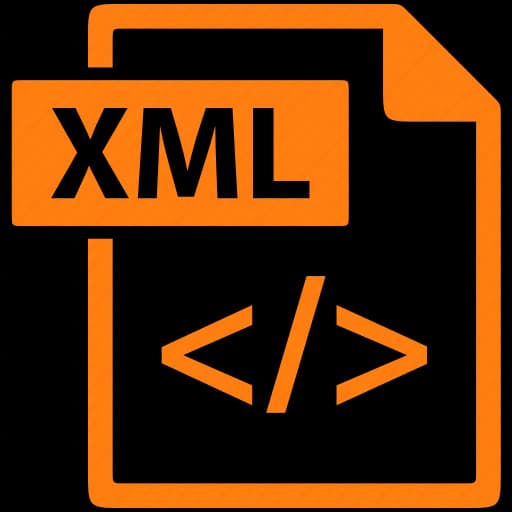What Is RSS Feed And How To Create It?

Introduction
In this guide, we'll explore what an RSS feed is, why it's important, and how you can create one for your own website. This comprehensive guide will give you the knowledge to leverage the power of RSS feeds to connect better with your audience and boost your site's visibility.
What is an RSS feed?
RSS (Really Simple Syndication) feed is a type of web feed that allows users and applications to access updates to online content in a standardized, computer-readable format. It's like a news feed for your website, where subscribers can stay updated with the latest content without having to visit the site directly.
Why is an RSS feed important?
Having an RSS feed for your website can have several benefits:
-
It helps increase your reach: Users can subscribe to your RSS feed using an RSS reader, and get updates whenever you post new content. This can increase the visibility of your content and help you reach a wider audience.
-
It improves user experience: Instead of checking your site manually for updates, users can easily see your new posts in their RSS reader.
-
It can improve your SEO: RSS feeds can be read by search engines, helping them understand your site structure and discover new content.
How to create an RSS feed?
Creating an RSS feed involves a few steps:
1. Create an XML file for your RSS feed
The first step to creating an RSS feed is to create an XML file on your server. This XML file will contain your RSS feed. Here's a basic example of what an RSS feed XML file might look like:
xml
1.1. Automate RSS Feed Creation with CMS or Frameworks
If your website is powered by a Content Management System (CMS) like WordPress, or frameworks such as Next.js or Gatsby, you can leverage their features or plugins to automatically generate an RSS feed.
WordPress
For WordPress users, there are multiple plugins like Feedzy RSS Feeds or WP RSS Aggregator that can create an RSS feed for you.
Gatsby
In Gatsby, you can use a plugin called gatsby-plugin-feed to generate an RSS feed. This plugin can be configured to create a feed that suits your needs.
Next.js
Next.js doesn't have built-in support for RSS feeds, but you can create one with a library such as rss or feed. You'll have to write a script that generates an XML file and runs whenever you update your content.
Remember to check the respective CMS or framework documentation for the most accurate and up-to-date instructions.
2. Update your RSS feed regularly
Every time you publish new content on your site, you should update your RSS feed with a new <item> element. This ensures that your subscribers get updates about new content as soon as it's published.
3. Make your RSS feed discoverable
Finally, you need to make your RSS feed discoverable to your users and search engines. This can be done by adding a link to your RSS feed in your website's <head> section, like this:
html
You can also include an RSS icon on your site that links to your RSS feed to make it more noticeable to users.
Tools
After you've created your RSS feed, you can use the following tools to validate and test it:
Conclusion
An RSS feed is a powerful tool that can help you connect with your audience and improve your website's SEO. By creating and maintaining an RSS feed for your site, you can ensure that your audience always stays up-to-date with your latest content.
Related Blogs


